With the birth of Firefly, came troubles. Adobe is updating its terms to convince creators that their content has not been trained for Firefly. Adobe is walking on eggshells, as it has a superpowers, which is cloud-based content creation platform combined with an AI image generator. That would be a lethal weapon. Thus, it needs to be controlled, as users are not dumb.

We don’t train generative AI on customer content. We are adding this statement to our Terms of Use to reassure people that is a legal obligation of Adobe. Adobe Firefly is only trained on a dataset of licensed content with permission, such as Adobe Stock, and public domain content where copyright has expired.
Adobe
Adobe is watching your videos
Many creators have noticed the changes regarding Adobe’s terms and conditions. Hence, Adobe has released statements and verifications in that regard. As stated by the company: “Adobe accesses user content for several reasons, including the ability to deliver some of our most innovative cloud-based features, such as Photoshop Neural Filters and Remove Background in Adobe Express, as well as to take action against prohibited content,” the company said at the time. “Adobe does not access, view or listen to content that is stored locally on any user’s device”. However, Adobe added that: “Access is needed to deliver some of our most innovative cloud-based features such as Photoshop Neural Filters, Liquid Mode or Remove Background. For content processed or stored on Adobe servers, Adobe may use technologies and other processes, including escalation for manual (human) review, to screen for certain types of illegal content (such as child sexual abuse material), or other abusive content or behavior”.

Is your work being trained?
As Adobe says: “In a world where customers are anxious about how their data is used, and how generative AI models are trained, it is the responsibility of companies that host customer data and content to declare their policies not just publicly, but in their legally binding Terms of Use. Our updated Terms of Use are more precise, will be limited to only the activities we know we need to do now and in the immediate future. Use more plain language and examples to help customers understand what they mean and why we have them”. Thus, Adobe has recently made an update to its Terms of Use to provide more clarity on a few specific areas and pushed a routine re-acceptance of those terms to Adobe Creative Cloud and Document Cloud customers. “We have received a number of questions resulting from this update and want to provide some clarity” the company explains and adds: “We remain committed to transparency, protecting the rights of creators and enabling our customers to do their best work”.
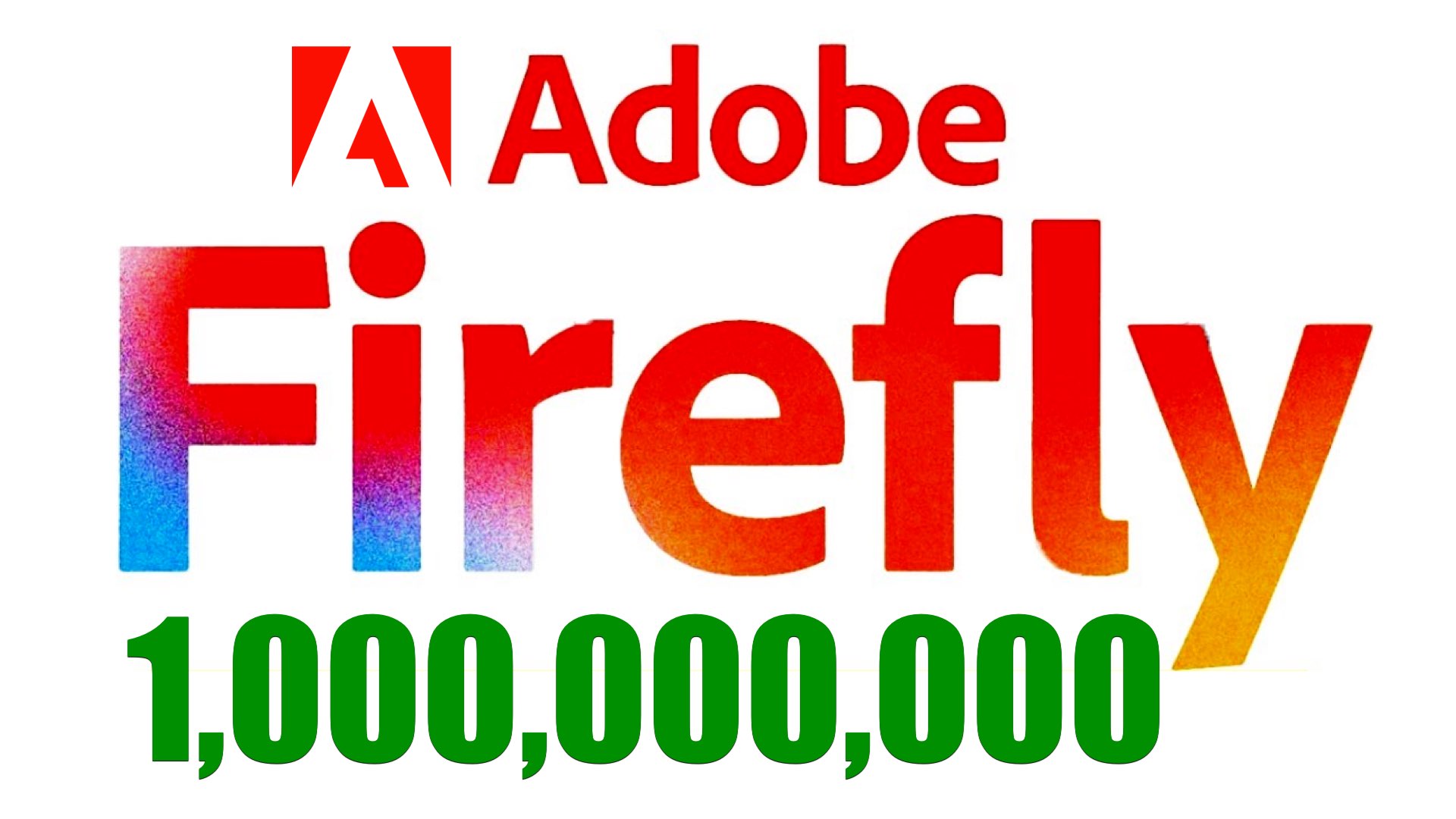
What is different in the Terms of Use
Adone emphasizes that the focus of this update was to be clearer about the improvements to our moderation processes that it has in place. Given the explosion of Generative AI and its commitment to responsible innovation, Adobe has added more human moderation to its content submission review processes. Here’s a view of what was regarding Adobe applications and services that may access content:
- Access is needed for Adobe applications and services to perform the functions they are designed and used for (such as opening and editing files for the user or creating thumbnails or a preview for sharing).
- Access is needed to deliver some of our most innovative cloud-based features such as Photoshop Neural Filters, Liquid Mode or Remove Background. You can read more information, including how users can control how their content may be used.
- For content processed or stored on Adobe servers, Adobe may use technologies and other processes, including escalation for manual (human) review, to screen for certain types of illegal content (such as child sexual abuse material), or other abusive content or behavior (for example, patterns of activity that indicate spam or phishing).
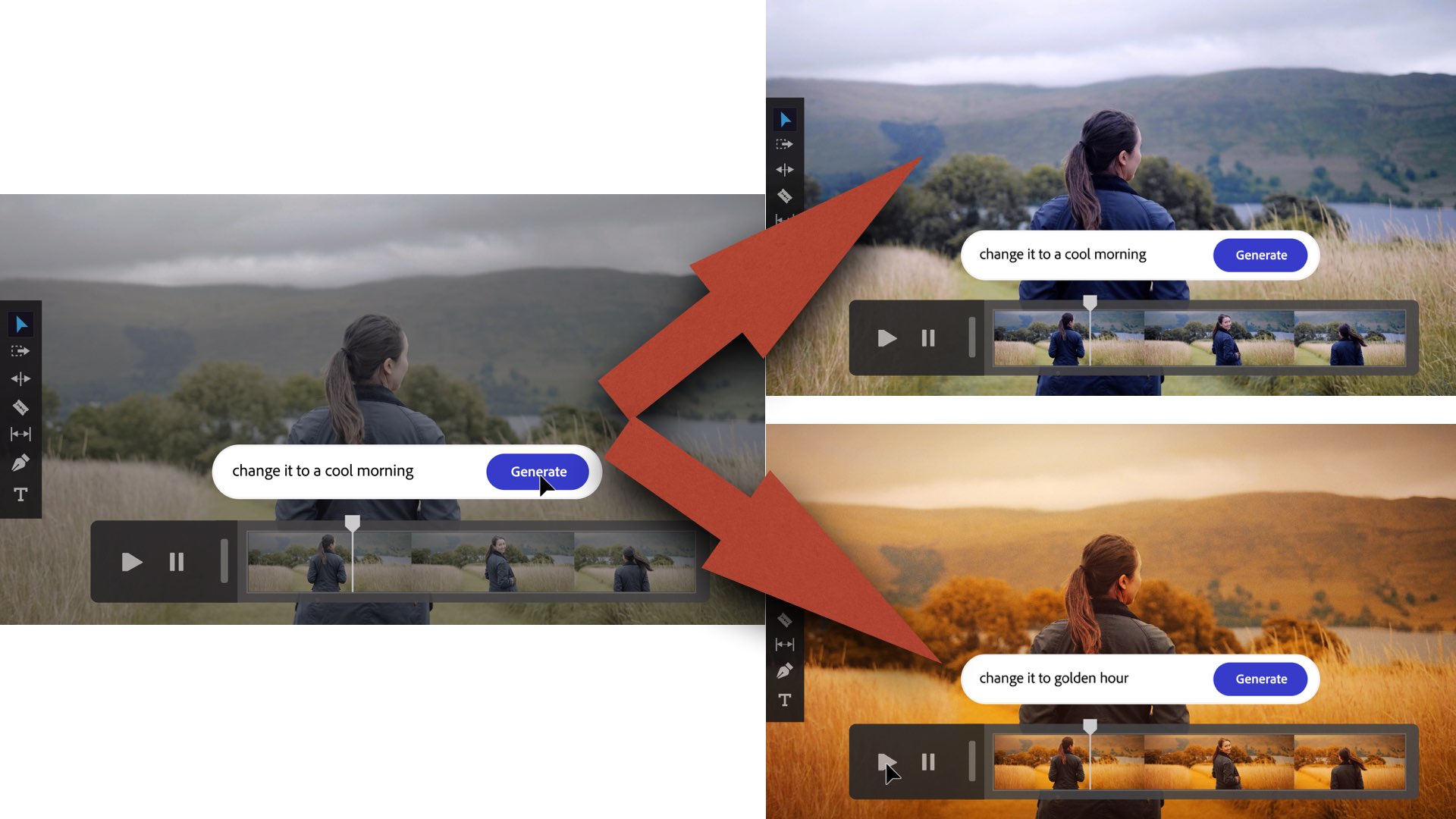
What about Firefly?
Adobe says that it’s committed to its customers and elaborates: “Adobe does not train Firefly Gen AI models on customer content. Firefly generative AI models are trained on a dataset of licensed content, such as Adobe Stock, and public domain content where copyright has expired”. Thus, your content is not being trained for Firefly (as Adobe claims). Furthermore, Adobe says that it will never assume ownership of a customer’s work. “Adobe hosts content to enable customers to use our applications and services. Customers own their content and Adobe does not assume any ownership of customer work. We appreciate our customers who reached out to ask these questions, which has allowed us to clarify our terms and our commitments. We will be clarifying the Terms of Use acceptance customers see when opening applications” the company adds.
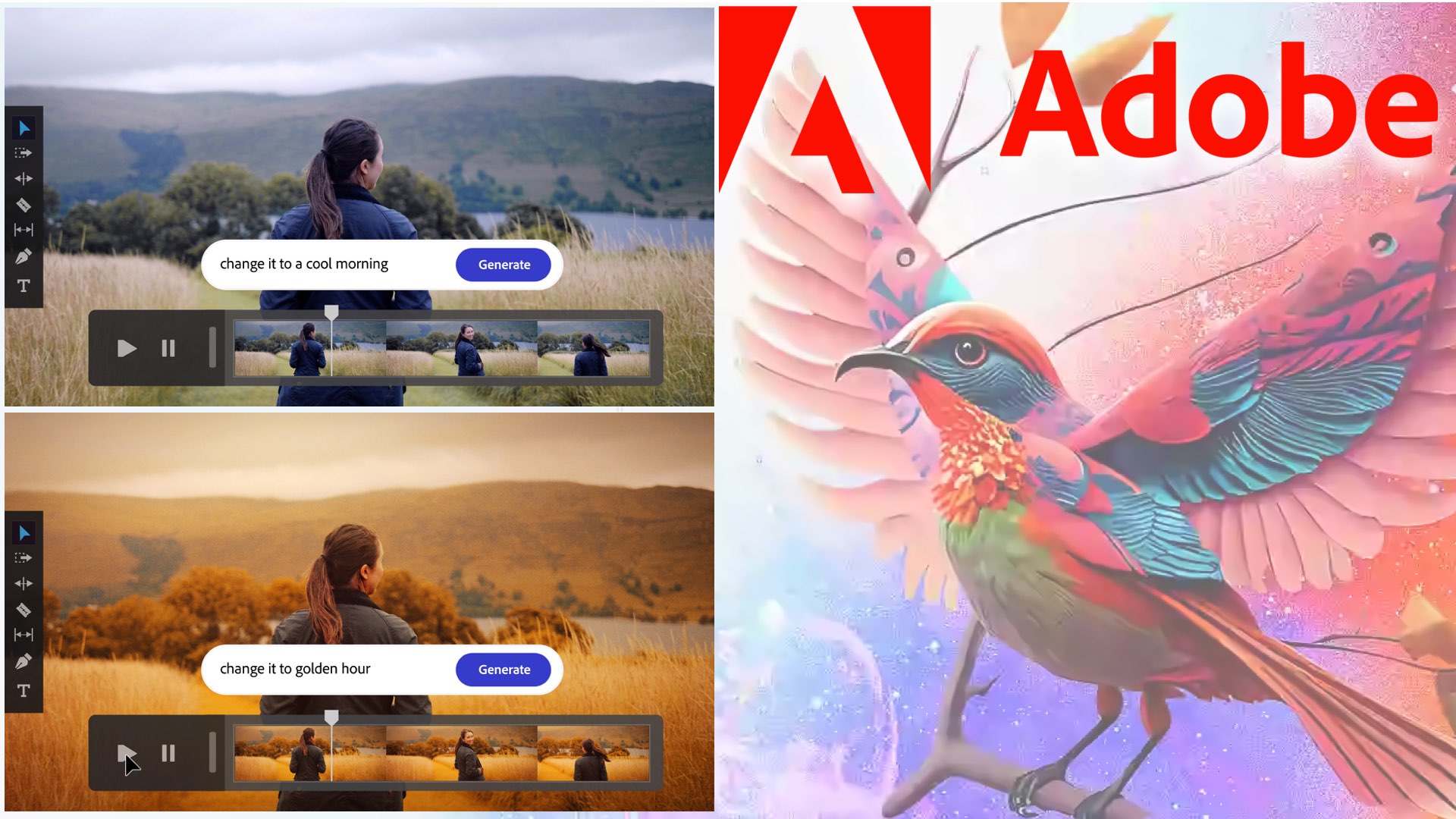
Areas of clarification within Adobe’s Terms of Use
- Adobe wants you to know that you own your content. As stated: “Your content is yours and will never be used to train any generative AI tool. We will make it clear in the license grant section that any license granted to Adobe to operate its services will not supersede your ownership rights”. Here are the new rules as stated by Adobe:
“We don’t train generative AI on customer content. We are adding this statement to our Terms of Use to reassure people that is a legal obligation of Adobe. Adobe Firefly is only trained on a dataset of licensed content with permission, such as Adobe Stock, and public domain content where copyright has expired”. - “You have a choice to not participate in our product improvement program. We may use usage data and content characteristics to improve your product experience and develop features like masking and background removal among others through techniques including machine learning (NOT generative AI). You always have the option of opting out of our desktop product improvement programs”.
- “The licenses we require to operate and improve our products on your behalf should be narrowly tailored to the activities needed. The licenses required to operate our products on your behalf use the standard statutory copyright rights but will now include plain English examples of what they mean and why they are required. We will also separate out and further limit the licenses required to improve our products and emphasize the opt-out option. We will reiterate that in no case do these license grants transfer ownership of your content to Adobe”.
- “Adobe does not scan content stored locally on your computer in any way. For content that you upload to our servers — like all content-hosting platforms — Adobe automatically scans content you upload to our services to ensure we are not hosting any child sexual abuse material (CSAM). If our automated system flags an issue, we will conduct a human review to investigate. The only other instances where a human will review your content is upon your request (per a support request) if it is posted to a public facing site, or to otherwise comply with the law”.
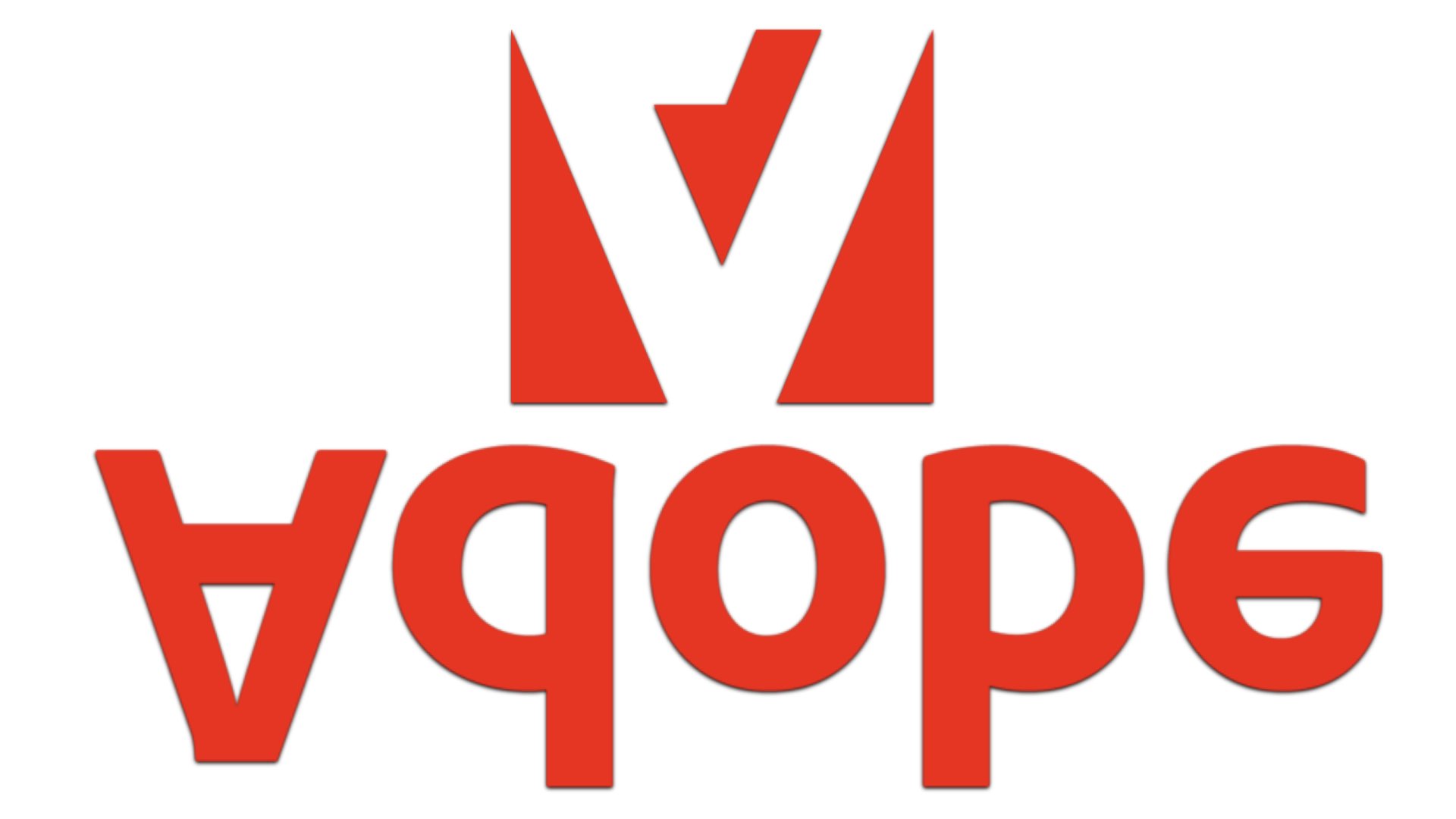
Summary
Adobe promises not to train your footage for Firefly. This is the bottom line here. Do we believe it? Well, as explained, it has been claimed over and over again, so yes, we believe Adobe. Adobe knows that it’s walking on eggshells since it has enormous power, derived by its cloud and AI capabilities combined with the creative suite, tools and applications. Updating, emphasizing, and clarifying the Terms of Use is essential. So who does train on your content other than Adobe? It might be OpenAI and other AI image generators. If so, does it mean your content stored at Adobe servers is safer? Good question to think about.
Deals & Specials for filmmakers
Here are some updated and selected deals and specials for filmmakers offered by top sellers.







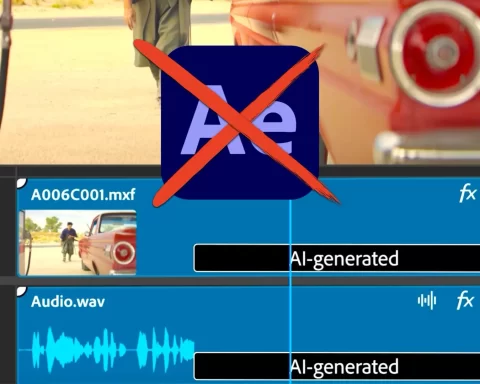







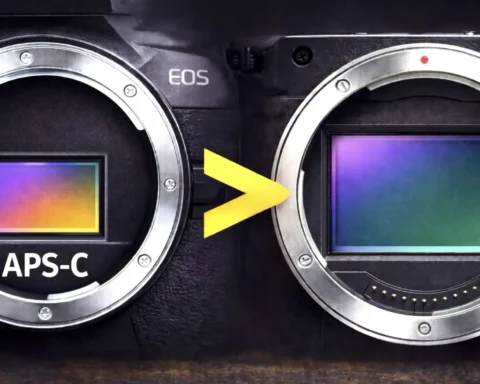


Me thinks Adobe protesteth too much…
They did not protest enough when the self promoting bloggers and Tiktokkers decided to fan flames of a non-issue to boost their own presences.